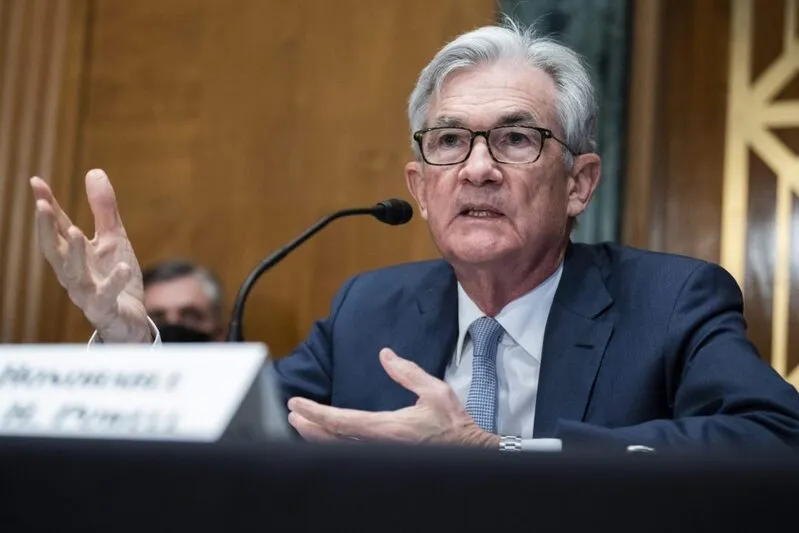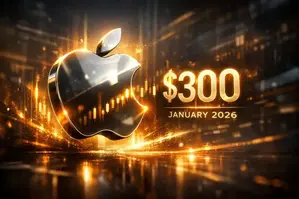Trump’s tariffs and the resulting price increases have surprised economists and consumers alike right now. Despite all the predictions about tariff inflation impact, very few items have actually become more expensive due to Trump’s trade policies at this point. The cost of imports rising was expected to cause widespread consumer price hikes, but trade policy effects remain quite limited so far.
Also Read: Powell Says Trade Deals Could Open Door to July Rate Cuts
How Tariff Inflation Impact Raises Consumer Costs And Trade Prices

Electronics Show Limited Price Increases from Trump’s Tariffs
Fed Chair Jerome Powell on Wednesday said just a few items are growing in price as a result of tariffs, including electronics that come from China. He mentioned that PCs and A/V equipment have become more expensive because of Trump’s trade war.
Research firm Telsey Advisory Group tracked 80 consumer items and found only 19 products gained in price since mid-April, while 16 items actually decreased. The tariff inflation impact hasn’t really materialized as predicted because retailers are still working through their pre-tariff inventory right now.
Powell explained the timing issue:
“Goods being sold at retailers today may have been imported several months ago, before tariffs were imposed.”
Car Prices Fall Despite Trade Policy Effects
Auto prices have defied expectations and haven’t shown the price increases from Trump’s tariffs in a surprising way. New car prices fell 0.2% in May despite facing a 25% tariff plus additional tariffs on imported parts. The cost of imports rising hasn’t affected vehicle prices yet because dealers still have their pre-tariff inventory to work through.
Ivan Drury from Edmunds noted that dealers are still working through their supply of pre-tariff cars, which explains why consumer price hikes haven’t hit the automotive sector at this time.
Administration Claims Victory Over Tariff Inflation Impact
White House trade adviser Peter Navarro stated:
“They’ve all been discredited. What we got in the first term [of Trump’s presidency] was not recession or inflation, we got price stability, robust economic growth and rising wages, just as we thought we would.”
Treasury Department official Joseph Lavorgna said:
“Tariffs have just not shown up at all in any of the data. The forecasting community has been completely wrong.”
The administration points to current low inflation as proof that Trump’s tariffs and price increases won’t cause the predicted economic disruption after all.
Future Consumer Price Hikes Expected
Economists warn that current stability regarding Trump’s tariffs and price increases is just temporary though. Stephanie Roth, chief economist at Wolfe Research, was clear about the fact that:
“It’s a question of when, not if.”
Major retailers including Walmart, Target, and Home Depot have announced they will raise some prices due to tariff pressures. The cost of imports rising will eventually force businesses to pass costs to consumers as their pre-tariff inventory depletes over time.
Powell agreed that broader tariff inflation impact is coming soon:
“We do expect to see more of that over the course of the summer. It takes some time for tariffs to work their way through the chain of distribution to the end consumer.”
Small businesses face particular challenges from these trade policy effects right now. Without large-scale supply chains, many have already begun reducing supply or raising prices. American alternatives for foreign imports are often unavailable or just too expensive.
Sid Malladi, CEO of Nuvo, explained the situation:
“This is early innings. No one wants to be first out of the gate. You don’t want to risk reputational damage to your brand, because raising prices in this environment might cause customers to turn away from you. Many may eat their margin for a few months.”
Also Read: Ryanair (RYAAY) Warns Tariff War Is ‘Top Threat’ to Growth: Analysts Target $60
At the time of writing, retailers typically hold about 1-2 months of inventory, so consumer price hikes might begin pretty soon. April’s Institute for Supply Management report showed prices paid by businesses increased the most since November 2022, while inventories contracted.
Powell confirmed companies expect to pass tariff costs forward:
“Many, many companies do expect to put all or — some of the effect of tariffs through to the next person in the chain, and ultimately, to the consumer.”
The reality is that Trump’s tariffs haven’t caused significant price increases so far, but warning signs suggest major tariff inflation impact is approaching as pre-tariff inventory runs out this summer.






